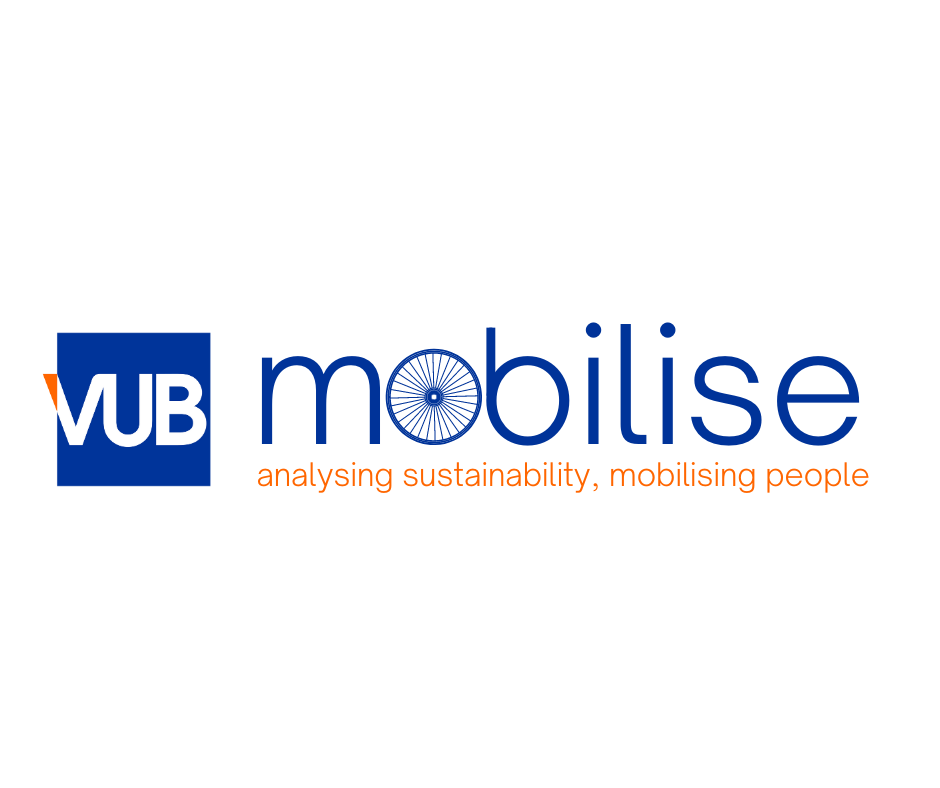Each Lab is different in terms of problems, opportunities, co-design and interventions: the Looper Model can be adapted to suit almost any set of local issues. These are the main issues from the experience of the Looper living labs in Brussels, Manchester, and Verona.
- Air quality: to analyse the problem, citizens can use hand-held monitors, compare their data with official measurements, and analyse with mapping and visualization. For the co-design of responses, there are some local actions (planting trees, sealing of buildings) and social innovations (public health info, travel adaptation). But major progress would require city-wide policies for industry and transport. This points to a 'strategic' learning loop: getting information into the hands of the community enables and empowers them to argue their case.
- Road safety and parking: the community can map the problem with technical data and other media, and compare with official data. For the co-design of actions, the options include technical responses (e.g. traffic calming), policy responses (e.g. regulation, enforcement), or social responses (e.g. a 'walking bus' or helping kids to cross the road). There are also strategic issues raised by parking by outsiders, in the context of gentrification. Here, a strategic learning loop should help to empower the community, meadiate conflict and guide policy.
- Noise pollution: this may be a local issue, which calles for local data and participative debate. The co-design process will look at social innovation for collaboration between neighbours or different parts of the community. It may also be an issue coming from outside the community, from roads, industry, sports or leisure. This might call for physical solutions (barriers, traffic calming, which can be expensive), and/or policy solutions (e.g. regulation, enforcement).
- Crime and security: this involves several kinds of problems and responses: perceived insecurity, harassment, and anti-social behaviour which calls for social mediation and/or enforcement; property and personal crime which needs physical action and/or law enforcement; organized crime/terrorism needs higher-level intelligence and enforcement (generally outside the Looper scope). In each case, the technical data (e.g. crime incidents) needs to go alongside social deliberation and co-design for possible solutions.
- Greenspace: this often shows problems of anti-social behaviour, conflict between users, or local pollution, for which data can be gathered and mapped. Greenspace also brings many creative opportunities, not only for physical works, but including nature conservation, education, health, local food, cultural events and festivals. For community participation in co-design of the built environment, greenspace is a good place to start.
